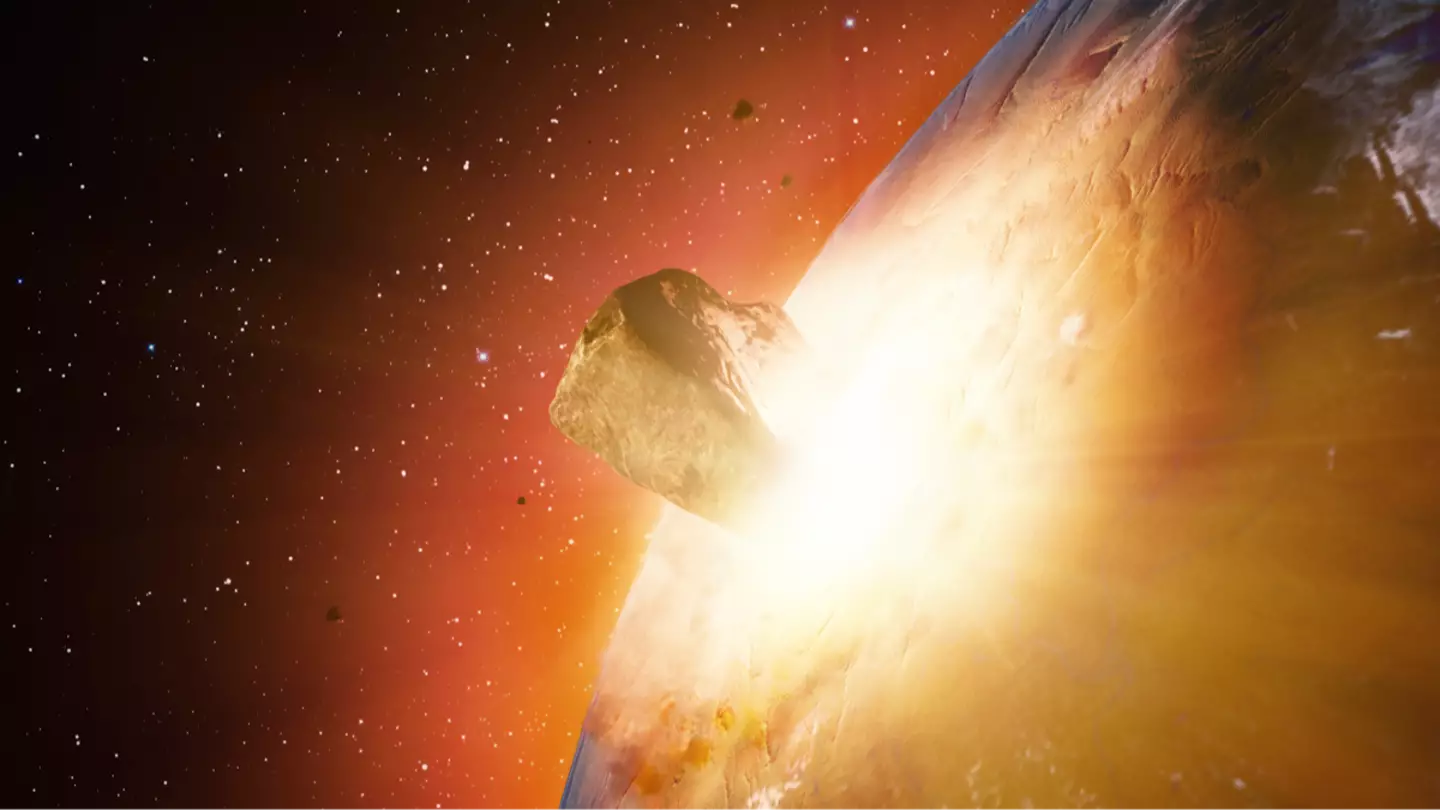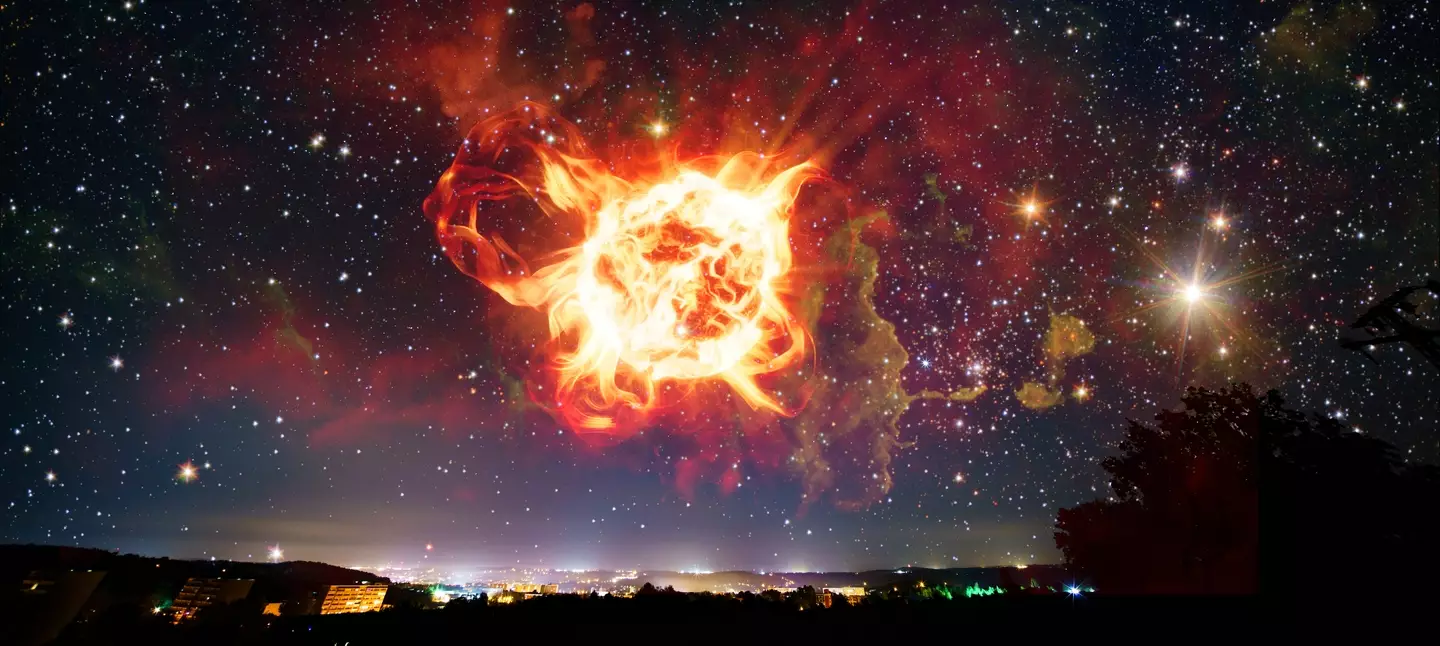
Scientists have shared what they believe to be the most likely way the universe will end.
I'm sure we would all like to think that we will meet a nice and peaceful fate, but all theories relating to the way the universe may eventually end are, as I'm sure you can imagine, quite extreme.
The universe has been expanding for billions of years ever since the Big Bang, which created our world as we know it.
It's said that this ongoing expansion is aided by something called dark energy.
Advert
NASA says of dark energy: "Dark energy has been described by some as having the effect of a negative pressure that is pushing space outward. However, we don't know if dark energy has the effect of any type of force at all."
.jpg)
It adds: "There are many ideas floating around about what dark energy could possibly be. Here are four leading explanations for dark energy. Keep in mind that it's possible it's something else entirely."
But there are fears that dark energy is weakening as time goes on, meaning the universe will ultimately shrink in what cosmologists call the 'Big Crunch'.
Advert
In simple terms, the Big Crunch is the opposite to the Big Bang and will see the universe snap back into a singularity.
Scientists from Cornell University have recently calculated when the Big Crunch could begin and hailed it as the likely outcome for our universe.
In the study, it claims that our universe will begin to shrink in around seven billion years time, when it reaches its predicted maximum expansion size.
It will then take another several billion years for the universe to snap back into its original state. All in all, it's predicted that the whole thing will take 33.3 billion years before the universe dies — so don't be canceling next year's summer vacation just yet.
Advert

As to how scientists came to this number, it comes down to tracking dark energy's behavior and seeing if it has been increasing, decreasing, or is a constant force.
Looking over a series of astronomical surveys, it was concluded that the Big Crunch will ultimately end our universe in 33.3 billion years.
Our future pretty much depends on dark energy, says Michael Levi from Lawrence Berkeley National Laboratory.
Advert
Levi told BBC's Sky at Night Magazine: "Whatever the nature of dark energy is, it will shape the future of our universe.
"It’s pretty remarkable that we can look up at the sky with our telescopes and try to answer one of the biggest questions that humanity has ever asked."
Topics: News, Science, Space, World News, Earth, Technology